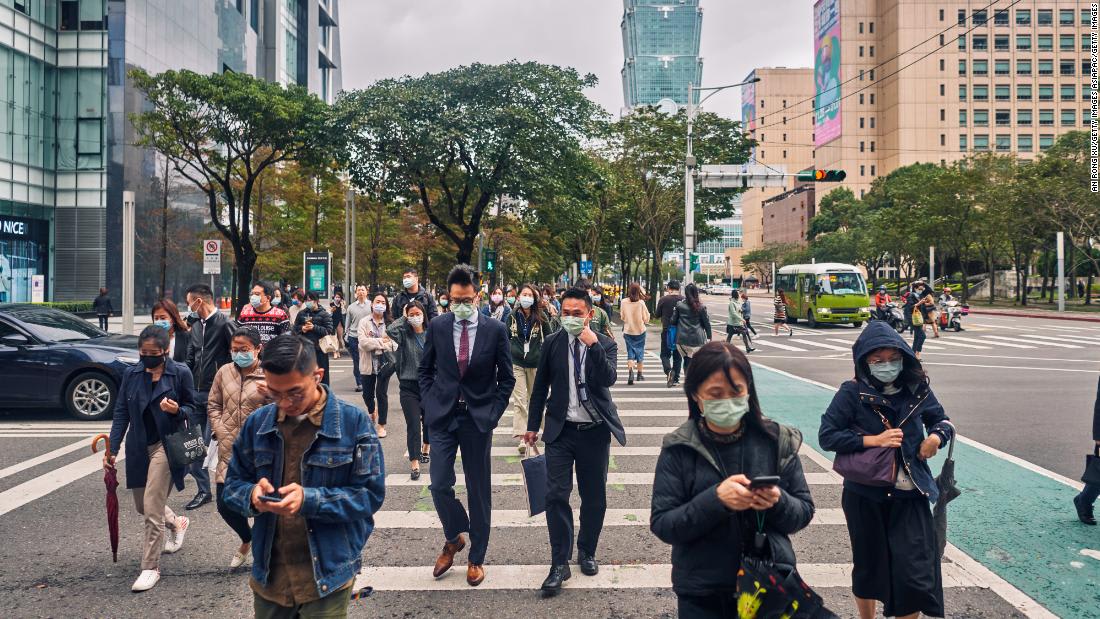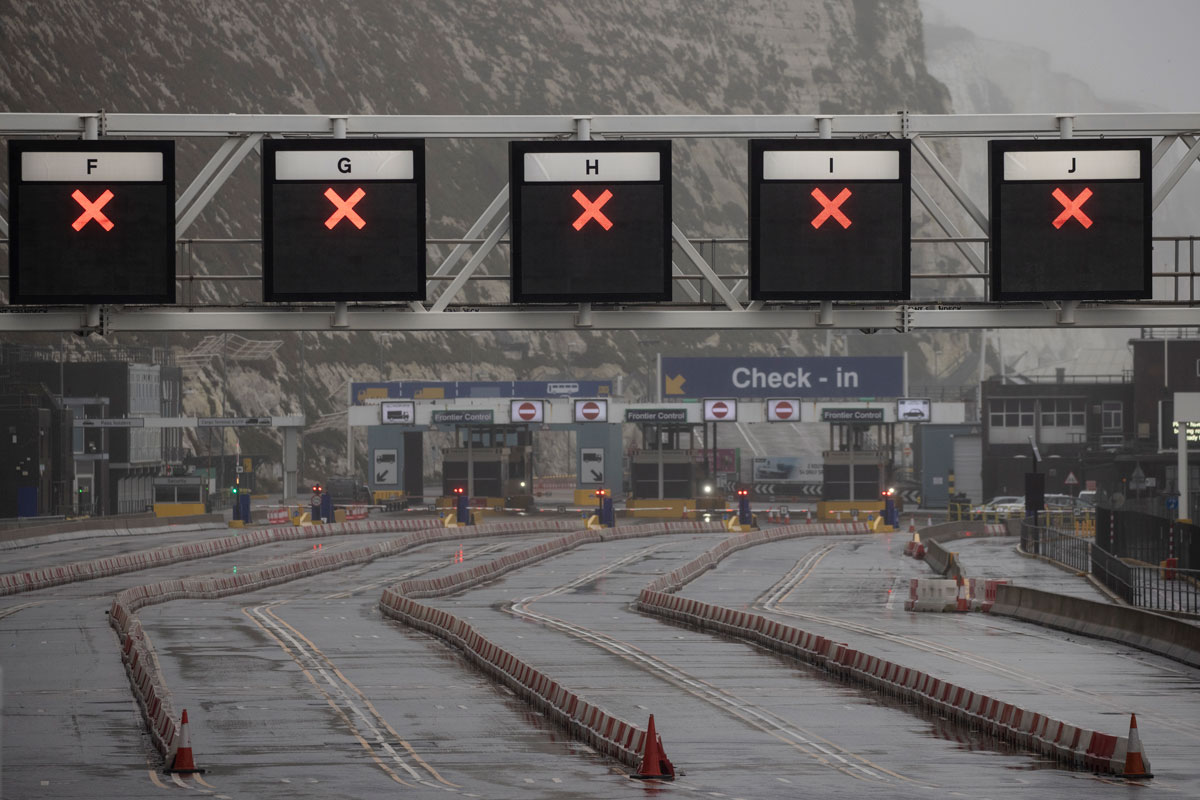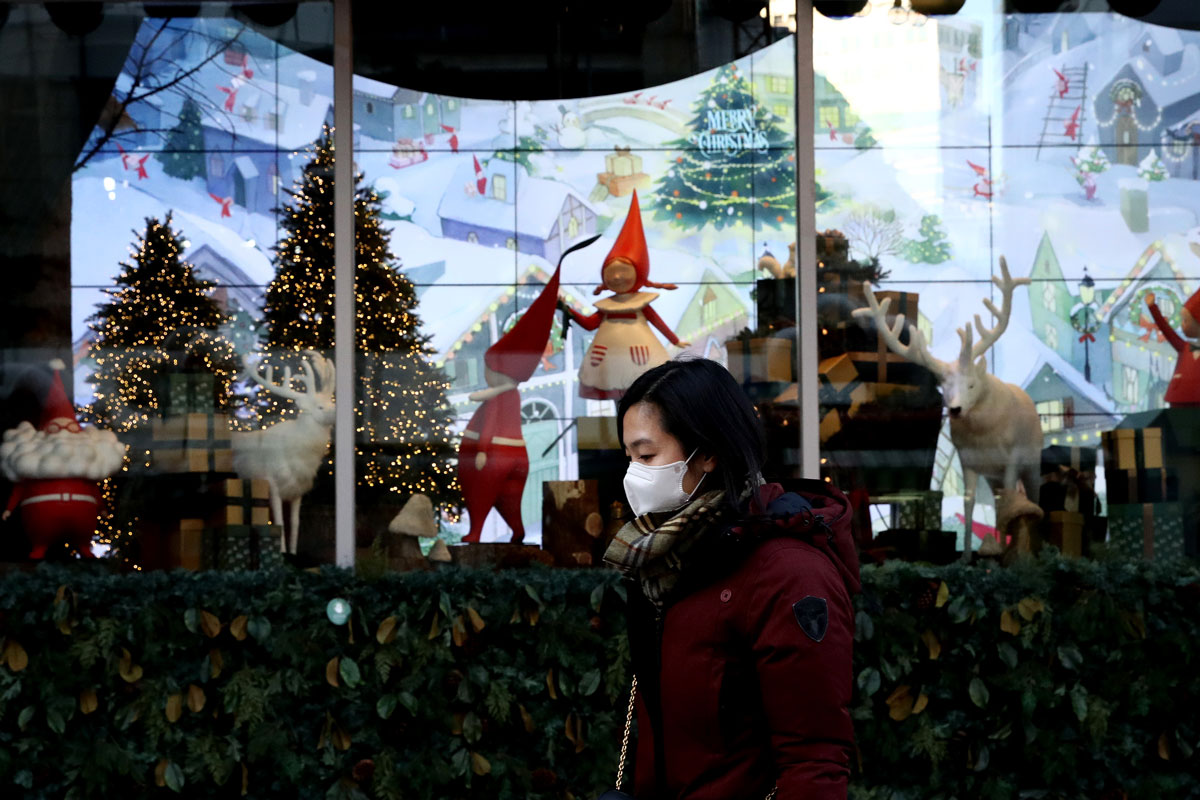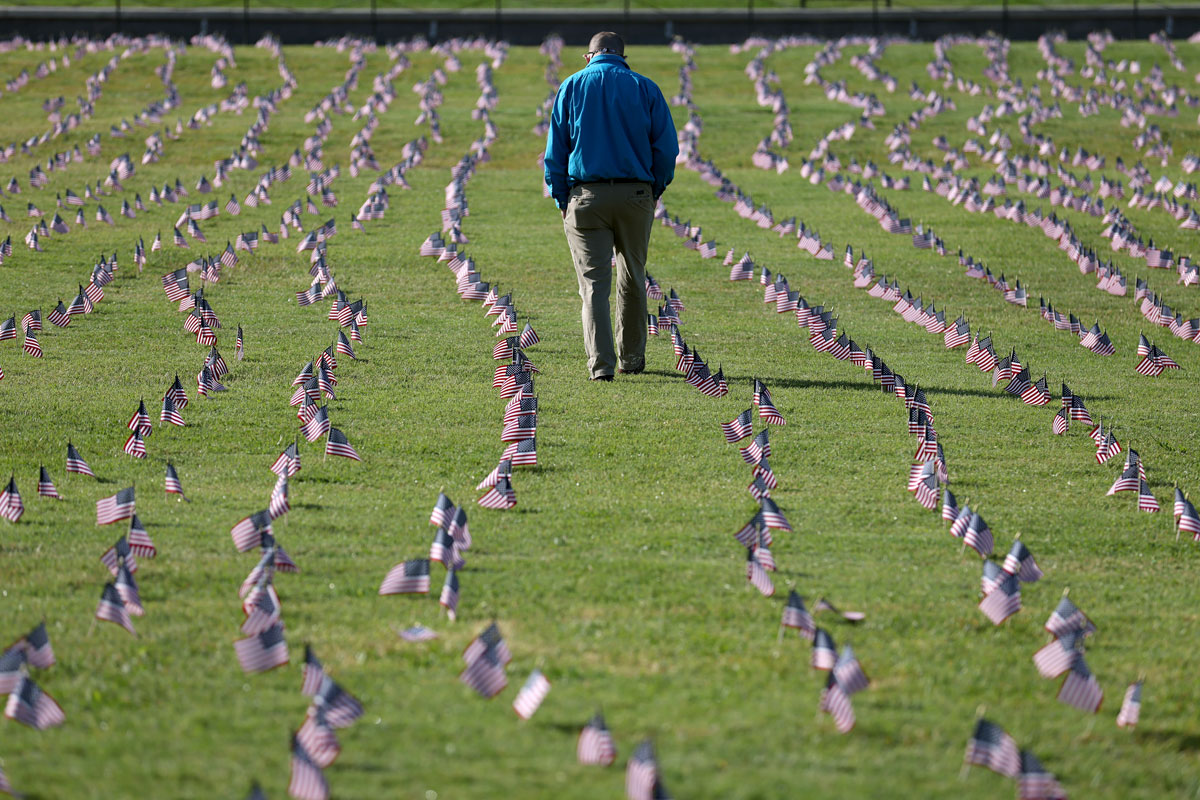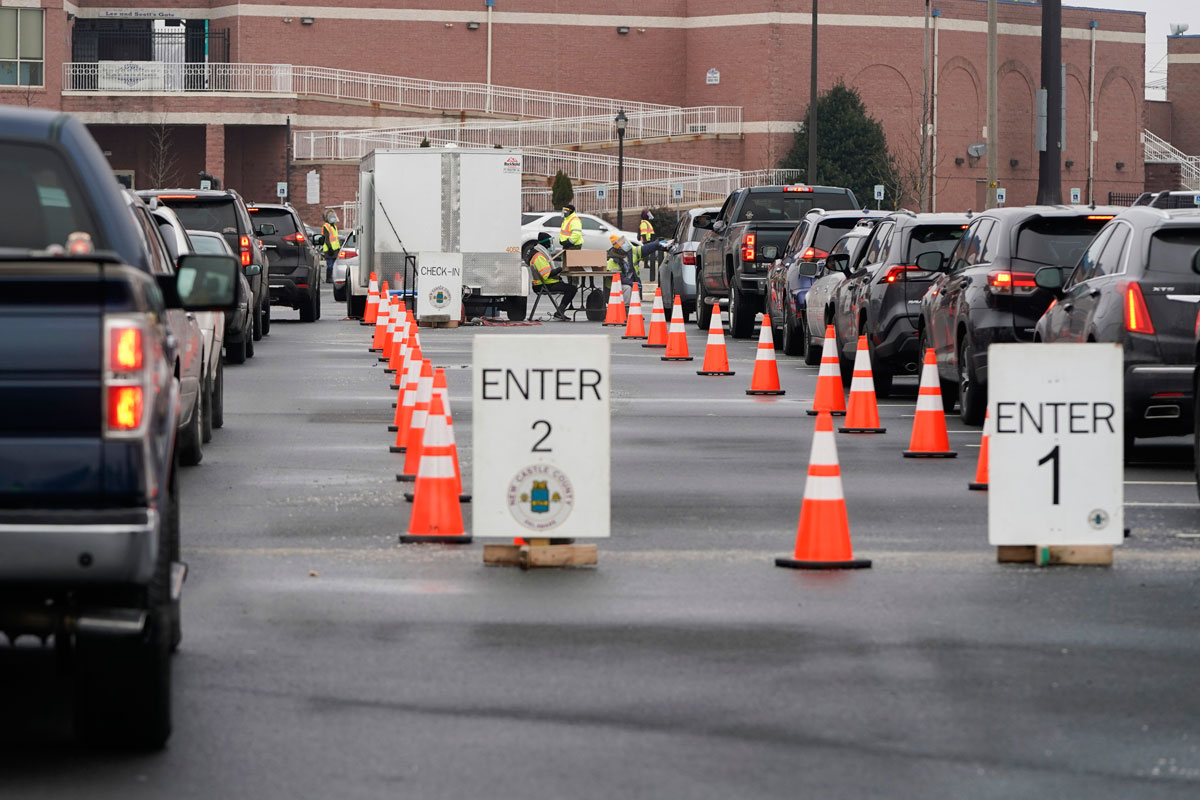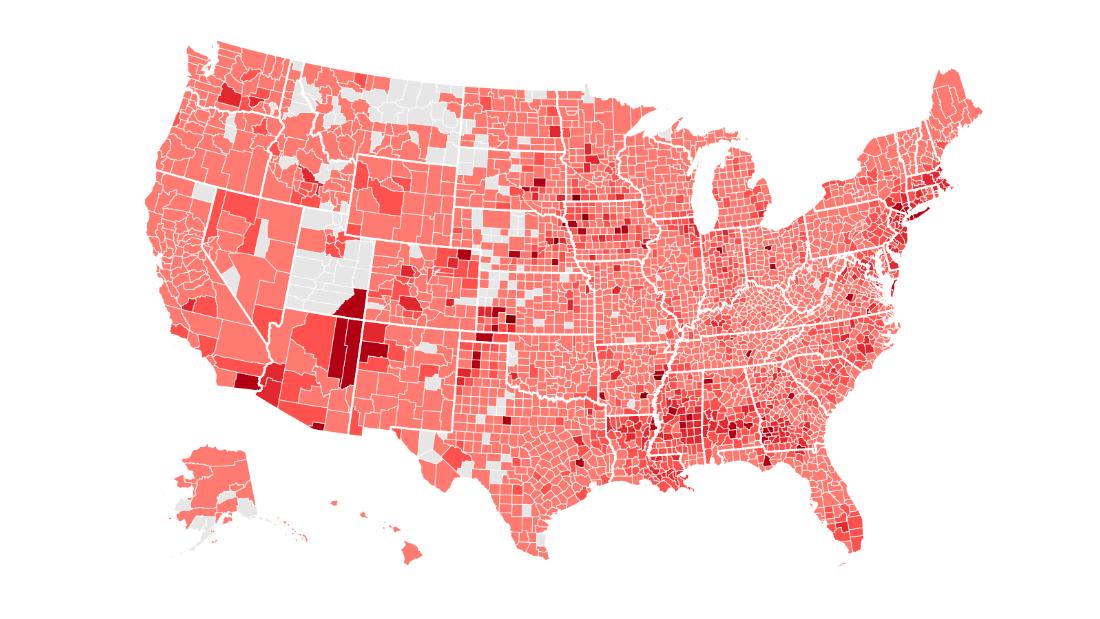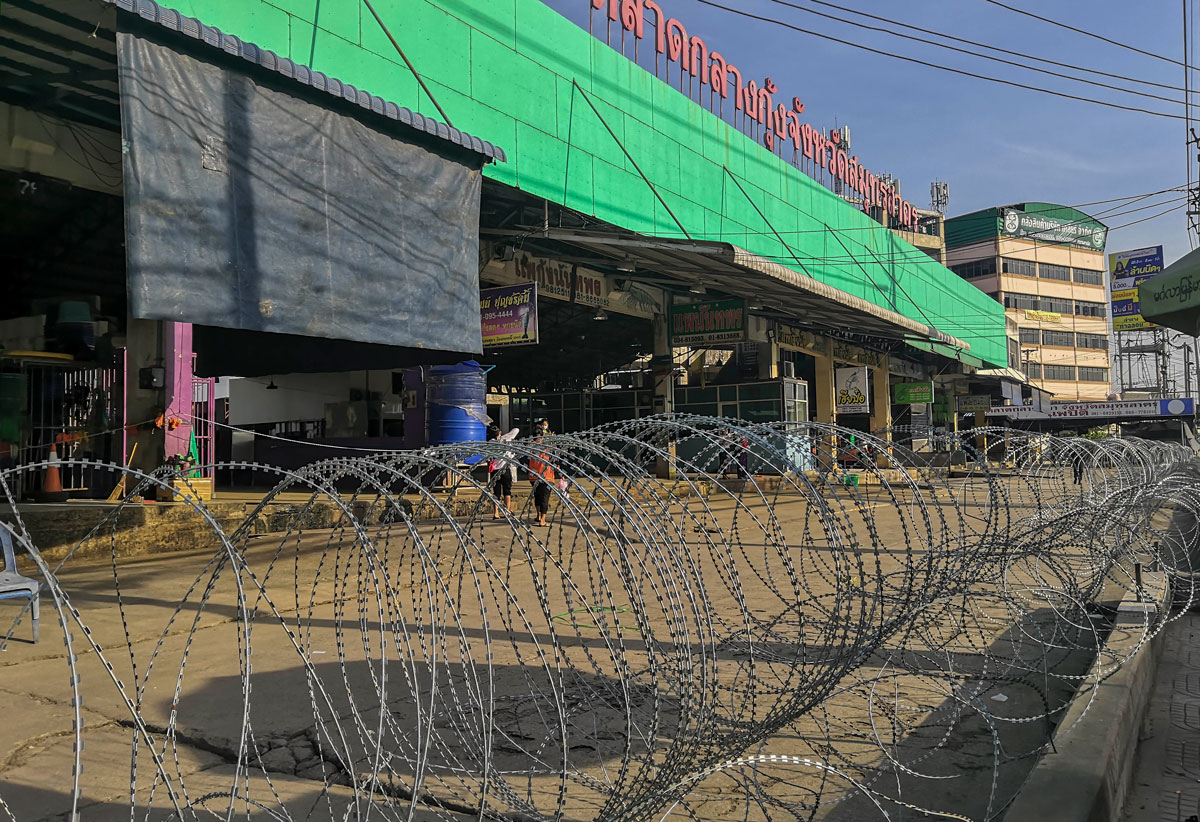
At least 427 new Covid-19 cases were confirmed on Monday from a Covid-19 cluster stemming from a seafood market outside of Bangkok, Dr. Taweesilp Visanuyothin, the spokesperson of the center for Thailand’s Covid-19 Situation Administration (CCSA), said Tuesday.
The cluster from the Samut Sakhon province has grown to more than 1,000 in a few days, mostly among migrant workers.
Train travel between Samut Sakhon province and Bangkok has been suspended until January 3. Foreigners are currently prevented from entering or leaving Samut Sakhon.
Thailand has reported more than 5,200 Covid-19 cases and 60 deaths since the start of the pandemic.
What officials are doing: Authorities have extended screening of foreign workers in all fresh food markets in Bangkok and construction sites in the city.
"Migrant workers are not allowed to travel in or out of the (Samut Sakhon) province. Local people can travel to other provinces but have to report their destination to the authorities," Samut Sakhon's governor said on Monday.




